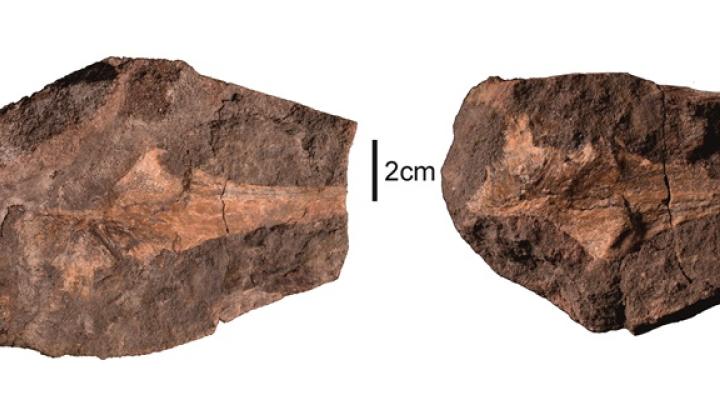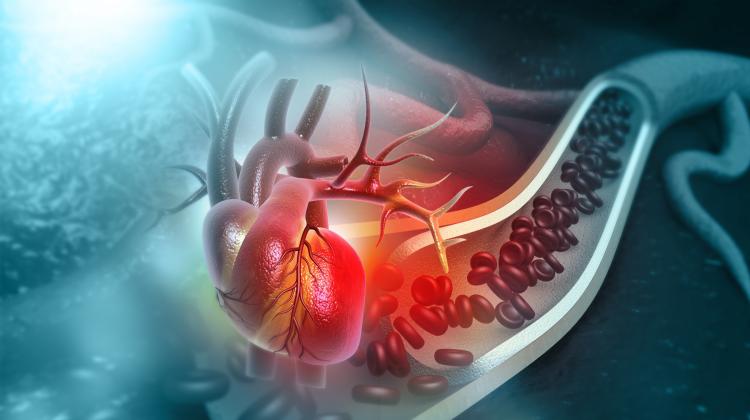‘Cancer cells can choke on iron’ says Silesia prof after finding too much iron metabolism kills them
 Credit: Adobe Stock
Credit: Adobe Stock
A leading cancer research professor has said cancer cells can ‘choke on iron’ after he and his team discovered ways of supporting treatment of pancreatic cancer by obtaining new compounds linked to iron metabolism.
Professor Robert Musioł from the Faculty of Science and Technology of the University of Silesia, who holds patents for compounds with anti-cancer effect, and his team have found that one of the tumour's weaknesses and features that make it different from other cells is iron, and more specifically its metabolism, which is different in cancer cells than in healthy ones.
Professor Musioł said: “The new drugs +exploit+ the weaknesses of specific tumours and are based on a specific mechanism of action. These are no longer toxic substances that attack not only cancer cells, but also all other rapidly dividing cells like hair or blood cells.”
He added: “Research on the binding mechanism of this element is already underway; three drugs based on it are in clinical trials, but not all aspects of their action are understood yet. In our team, we have been conducting research focused on iron chelators, allowing us to present a possible new aspect of the action of these compounds. In some cases, these compounds not only bind iron ions, but also act as ionophores, transporters of these ions.”
He continued: “Metabolism in cells is always dependent on the processes of reduction and oxidation (red-ox). Active cells produce a lot of free radicals and then try to deal with them in different ways. Cancer cells are metabolically very active in general, so this level of oxidative stress is much higher. And if you increase it even more, then they will not be able to handle it and they will die. This is the idea behind using these iron binding compounds. Since cancer cells want iron so much, let them +choke+ on it’.”
Scientists are using a multi-target approach, that is, they are trying to use compounds known to have complex mechanisms to use their side effects to treat cancer.
Musioł said: “We are trying to design drugs that hit several different points in the cells. The previous paradigm assumed that the more selective a drug, the better - it kills a specific cell and does not harm others. But due to frequent mutations in cancer cells, such a drug may stop working after a while. Hence the second approach: let the compound work in a number of ways, make compounds that have several different possible mechanisms of action, because if we attack the tumour from several sides, there is a chance that we will kill this cell. This approach is definitely more difficult because there are more aspects to consider, but we always have a lot of side effects, so we try to use them."
The research is being carried out as part of the project 'Dual ionophores as multi-target drugs against pancreatic cancer', financed by the National Science Centre.
PAP - Science in Poland, Agnieszka Kliks-Pudlik
akp/ ekr/ kap/
tr. RL
Przed dodaniem komentarza prosimy o zapoznanie z Regulaminem forum serwisu Nauka w Polsce.



















